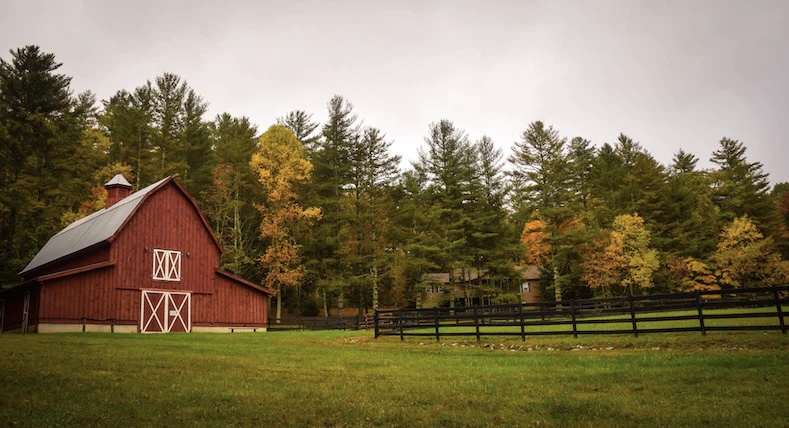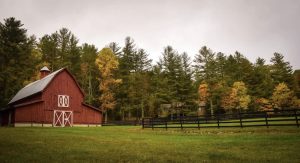
Farm transfers should be carefully addressed in estate planning.
However, running a farm is not for the faint of heart.
The weather dramatically impacts the health of soil and crops.
Additionally, animals require daily care.
According to a recent Successful Farming article titled “Is 50 Too Early For Estate Planning?,” finding time to create an estate plan may seem challenging amid farming demands.

Passing the farm to the next generation requires thoughtful estate planning.
Taking time for estate planning now will set your family and your farm up for a successful transition in the future.
When it comes to creating a plan for a farm, some key steps must be taken.
What are these?
Define parameters.
Just like planning goes into allocating land and resources for livestock and crops, an estate plan must be organized and strategically designed.
As a farmer, you must outline information on calculating rent and defining buy-out arrangements.
If heirs are inheriting, you must choose a farming heir or heirs and indicate the ages you wish for distributions to be made.
Outline options.
When it comes to farm planning, defined options are helpful.
These include who has the option to rent or buy the farm property, who has the option to farm, and whether there will be equal options or secondary options.
Consider who is and will be involved.
Those children involved in your farm should likely be acknowledged and rewarded.
Delaying asset distribution to the time when the youngest heirs are ages 25 to 30 allows children to determine whether they would like to be involved in the farming operation or pursue other careers.
"Fair" does not always mean "equal" either.
The child who stayed on the farm and was under-compensated may have invested a lifetime of sweat equity while the other children pursued other non-ag vocations.
This balancing of "fair" versus "equal" inheritances is even more complicated when the farming operation - land, livestock, and equipment - is the estate.
Choose the appropriate documents.
A revocable living trust allows you to adjust your plan as circumstances change as you age.
While alive, you can receive distributions from the income earned by the trust and use its principal.
After you die, the property or distributions will then be transferred to the beneficiaries of the trust.
Do not overpromise.
What you tell your heirs about your plans for the farm should align with the estate planning you have made.
If you want to keep the farm together, you should address this in your planning documents.
You will likely trigger conflict and distress by telling heirs something different from your documents.
At worse, you might trigger litigation.
Update your life insurance.
Life insurance policies can help keep a farm in a family.
The right kind of life insurance, owned in the right way and amount, can help "equalize" inheritances in the right circumstances.
Review and update beneficiary designations and change ownership when appropriate to address your goals.
Take time out of the urgent daily demands of your farm to prepare and plan for its future.
Reference: Successful Farming (March 16, 2023) “Is 50 Too Early For Estate Planning?”
REMEMBER: “The choice of a lawyer is an important decision and should not be based solely upon advertisements.”
This statement is required by rule of the Supreme Court of Missouri.
